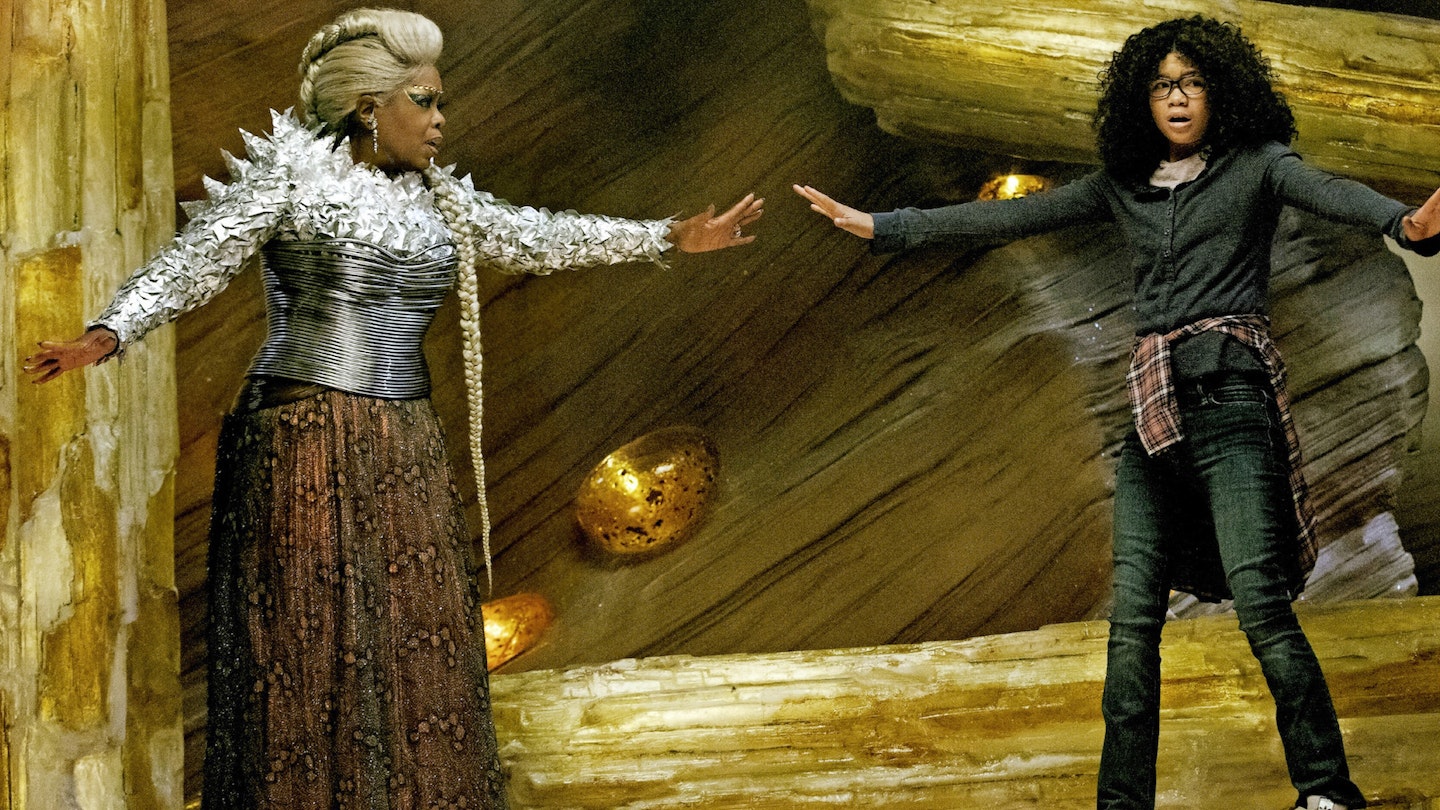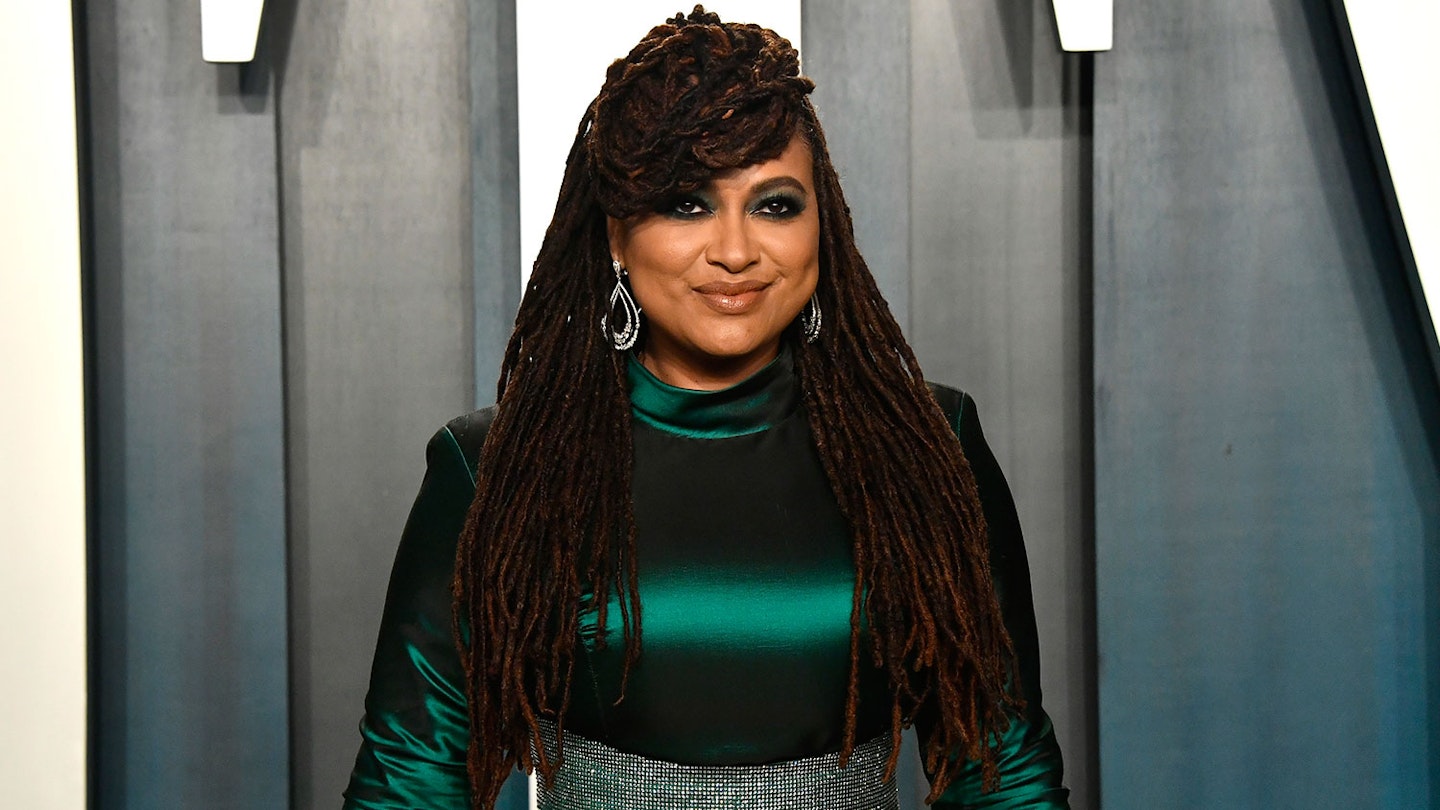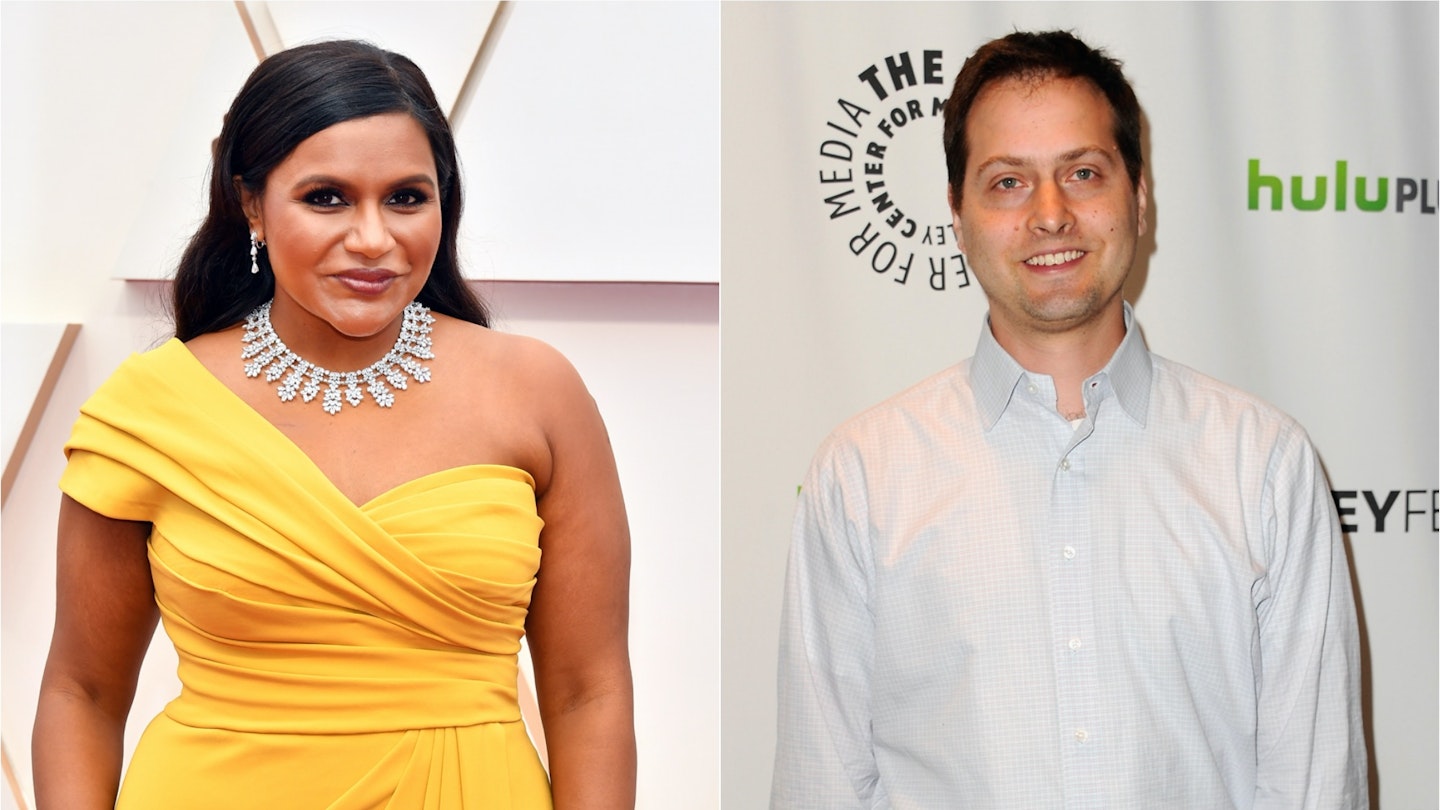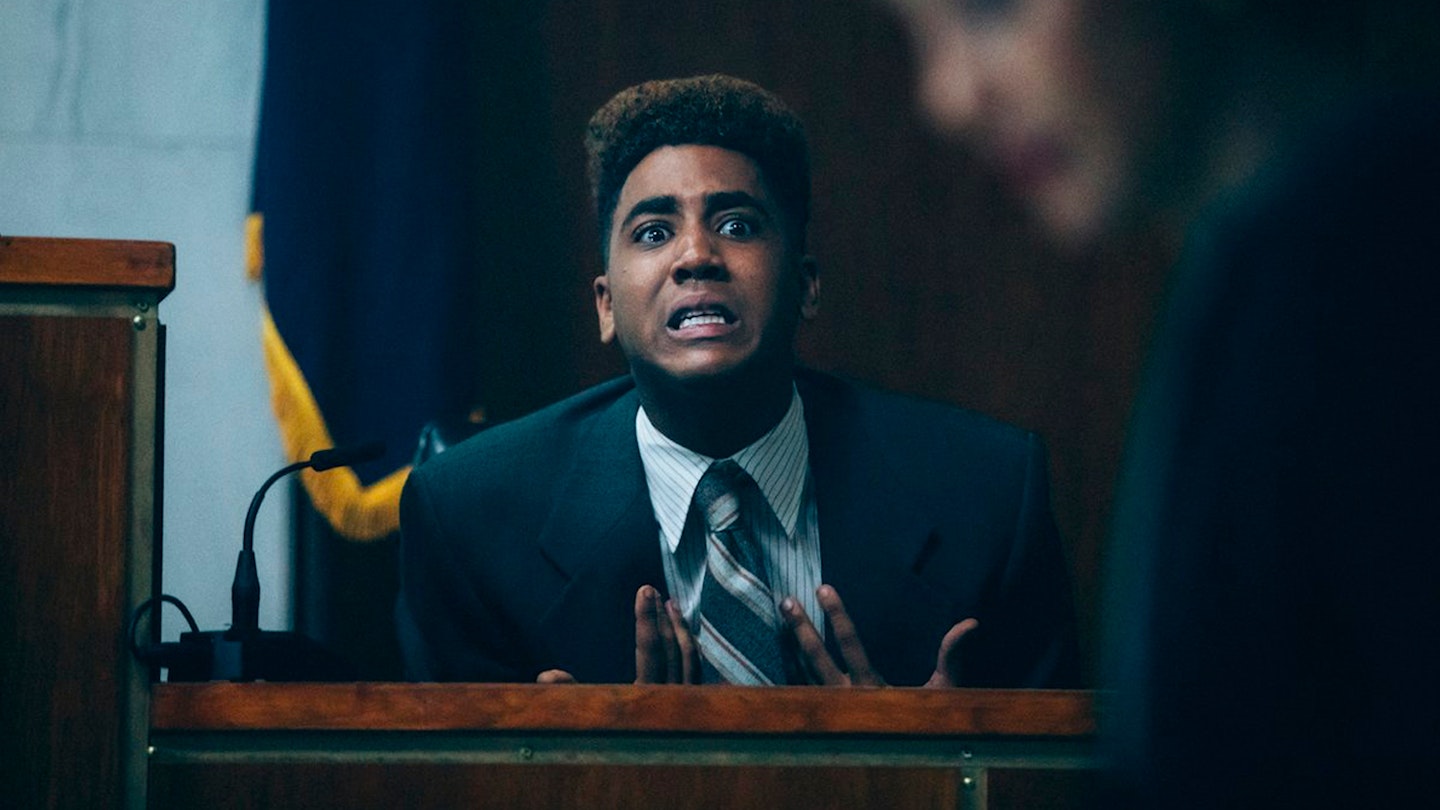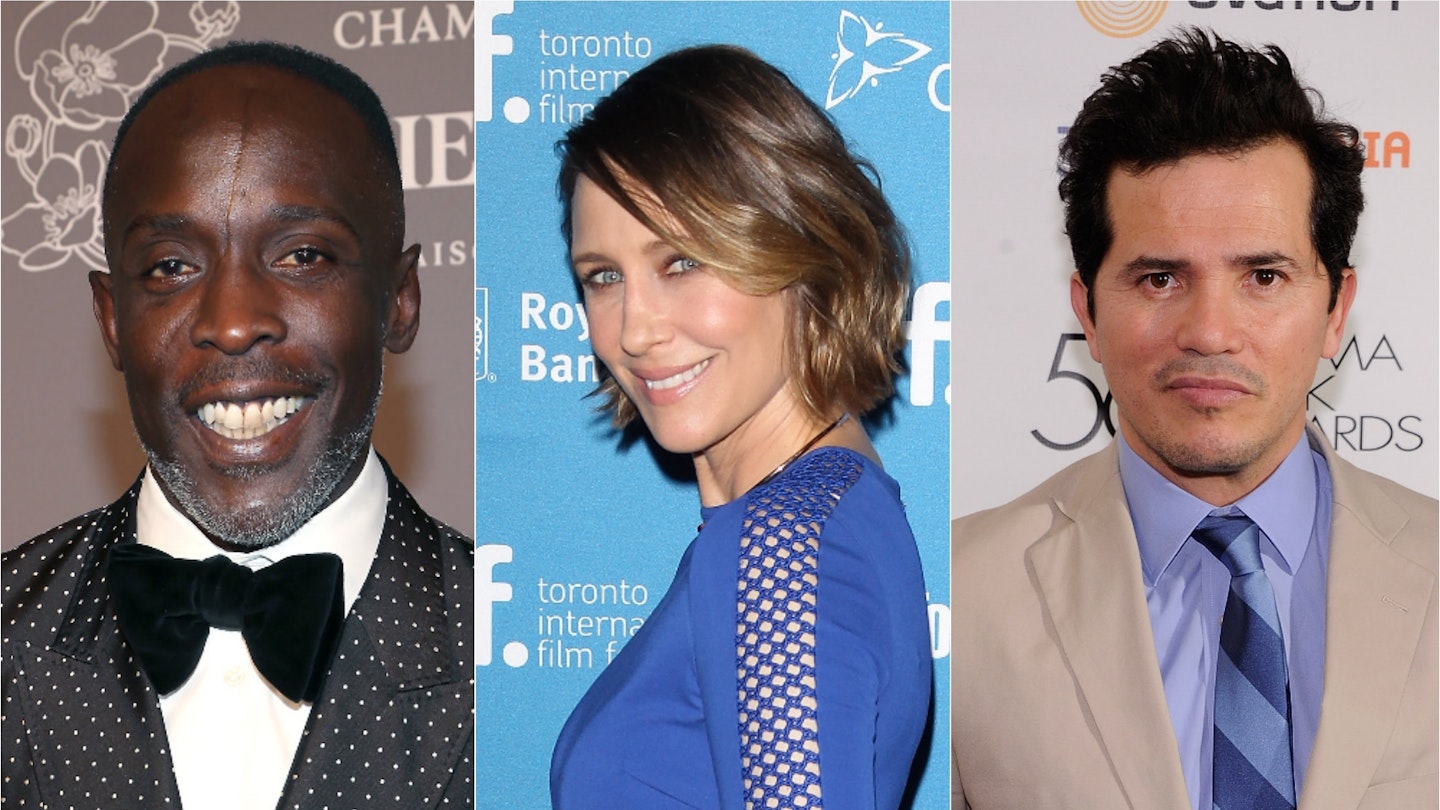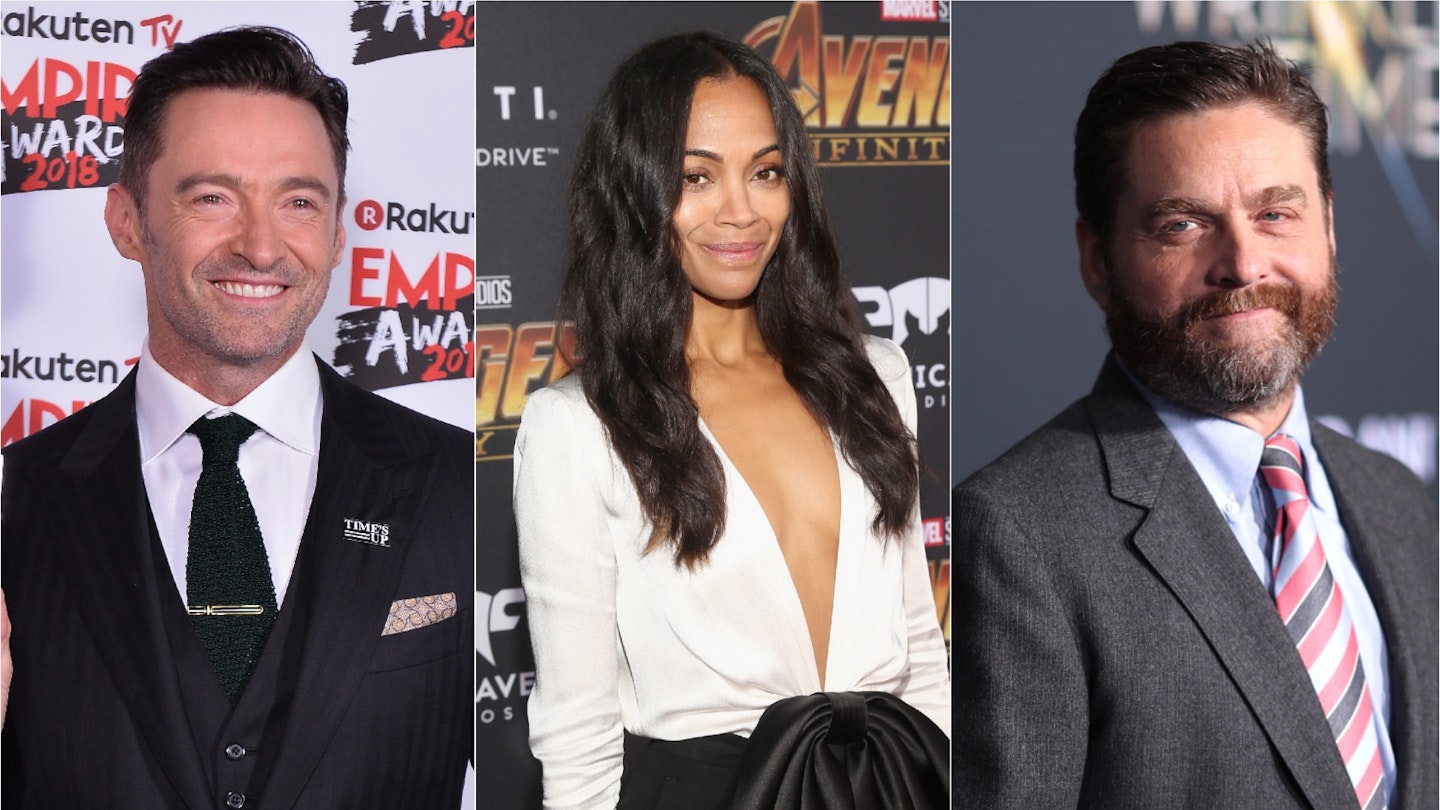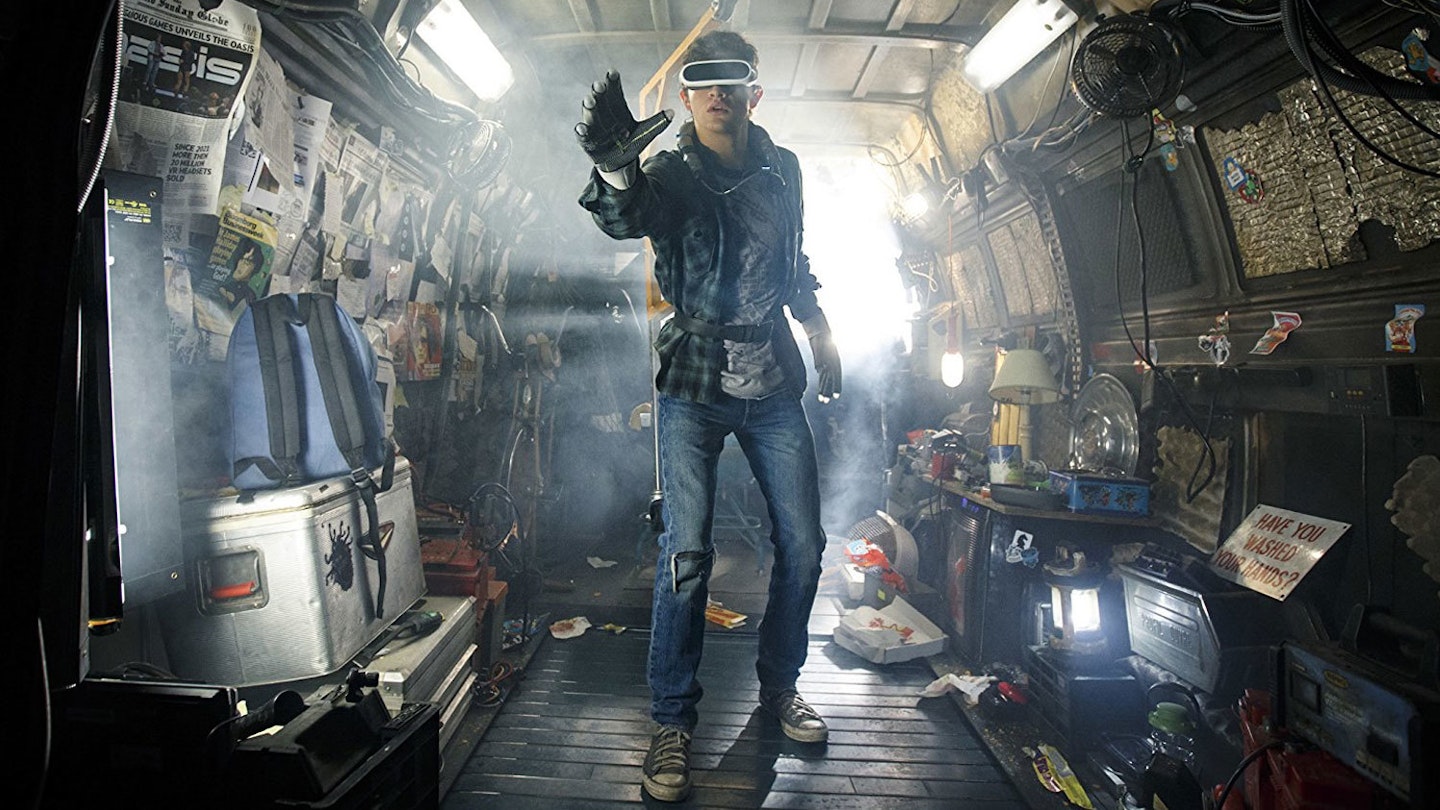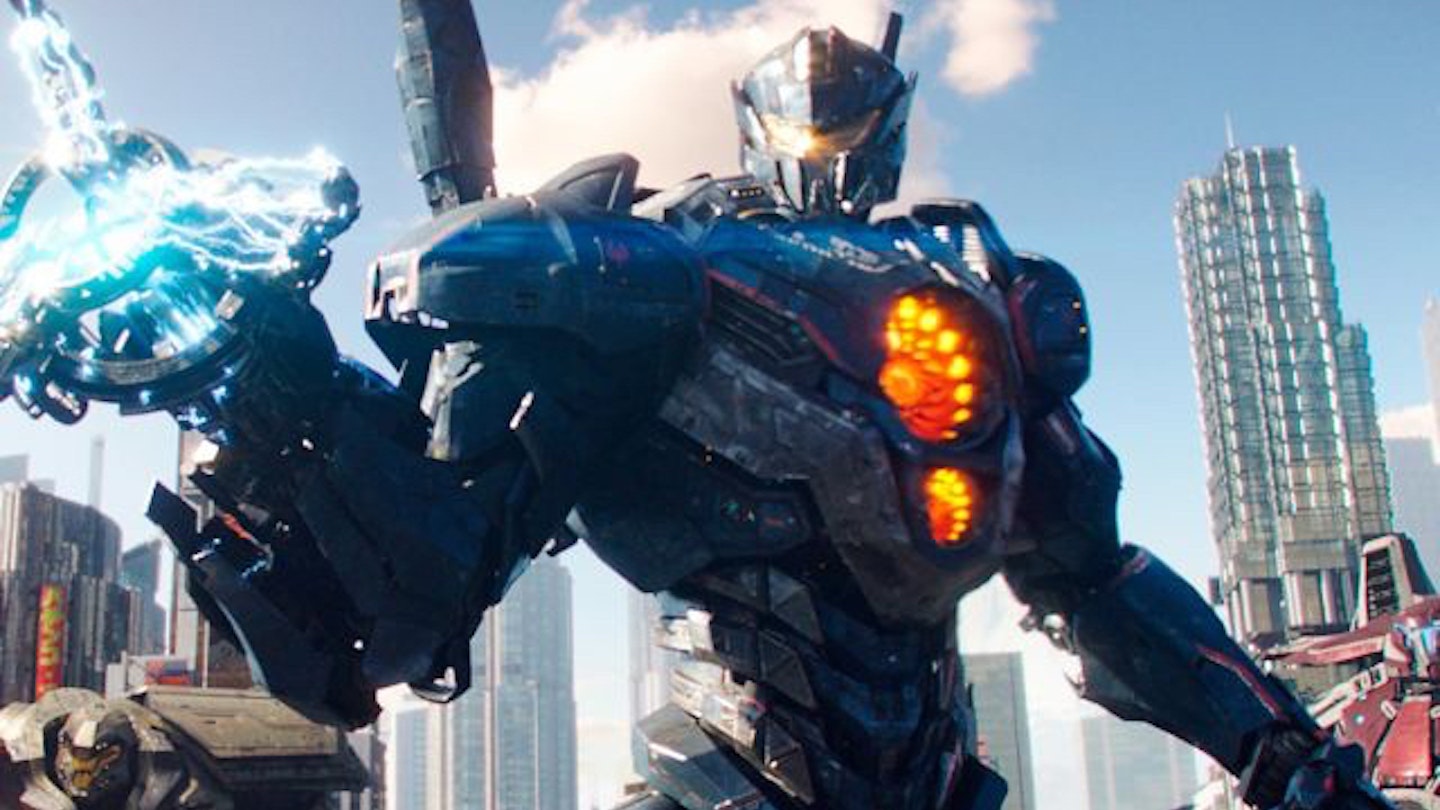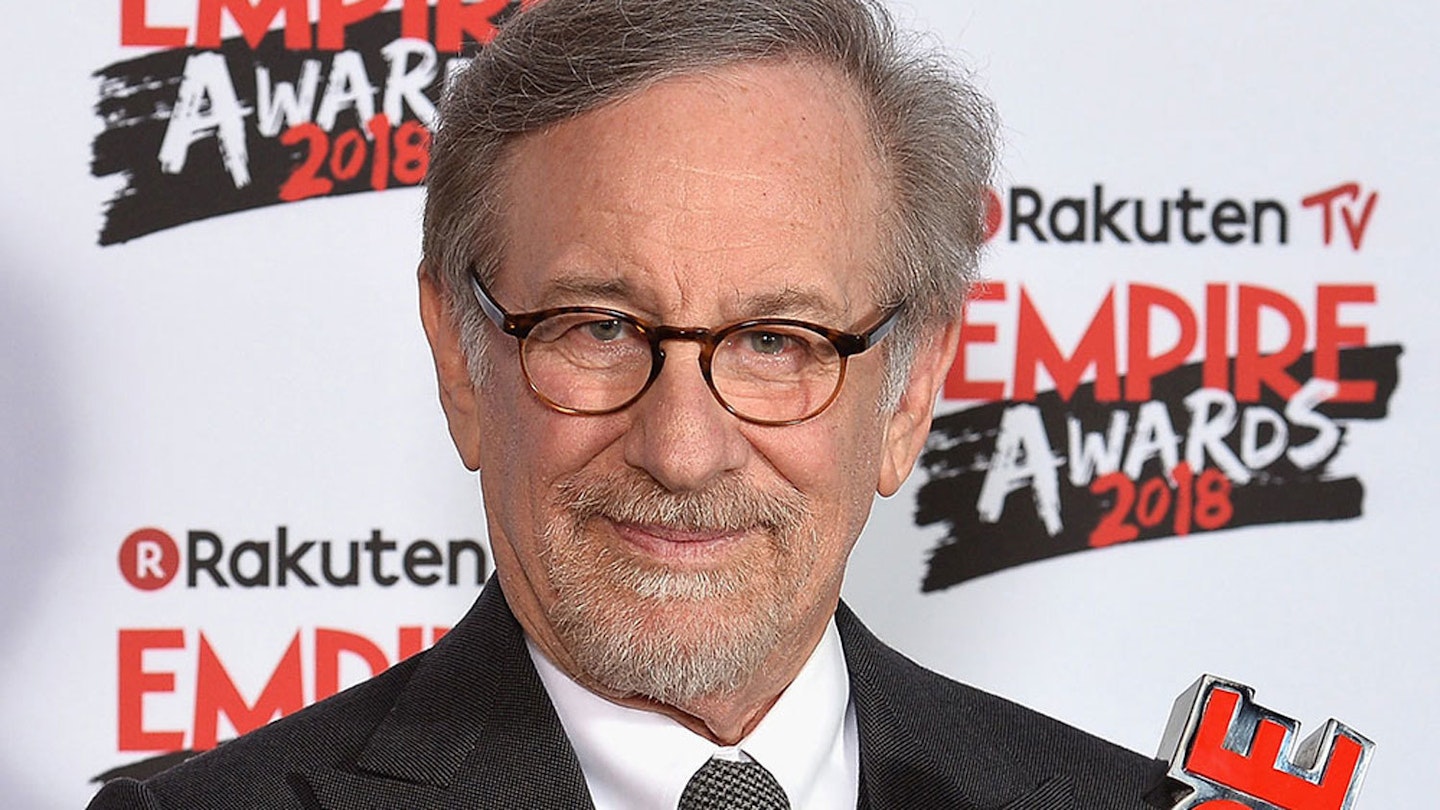Madeleine L'Engle's A Wrinkle In Time is a children’s classic, showered with awards on publication in 1962 and in print ever since. But with its spare prose and cosmos-spanning concepts, and in particular given its non-ending, the novel is a particularly tricky proposition for the screen. Director Ava DuVernay’s solution is to throw visual dazzle at the issues, but always returning, occasionally only just in time, to the emotions that made the book work.
Our heroine is Meg (Reid), a 13-year-old who has gone from gifted student to isolated malcontent in the four years following the disappearance of her scientist father (Pine). Her precocious little brother Charles Wallace (McCabe) loyally defends her, as does her fascinated schoolmate Calvin (Miller, stuck with the thin adoring-girlfriend role), but she pulls away even from them. That is, until the weird Mrs Whatsit (Witherspoon) turns up to tell them that Meg’s father is alive and merely stranded across the universe. With her even more uncanny companions, Mrs Who (Mindy Kaling) and Mrs Which (Oprah Winfrey), the three kids set off to follow him, folding space in a process called “tessering” (from a four-dimensional tesseract, see?) to step across galaxies like they were paving stones. There is, of course, an enemy to stand against them. After a quick stop on the heavenly planet of Uriel they travel to Camazotz, a bizarrely uniform world under the control of an ultimate evil called It (It again, having a good year). There, Meg and Charles Wallace are tested to the limit as they fight for their father.
For all the stumbles along the way, the message that the film eventually delivers is an important one.
Much of the film is gloriously inventive, with some visionary touches: precariously balanced towers of amber, for example, or a deeply disturbing afternoon at the beach. The costumes and make-up of the three Mrses are to die for, from Oprah’s jewelled eyebrows to Kaling's Hopi hair. And this is a film that is inclusive in its DNA, from posters of Maya Angelou and James Baldwin in Meg’s school to Mrs Who’s quotation of OutKast, Shakespeare and Lin-Manuel Miranda. The racebending of Meg adds an extra dimension to her feelings of insecurity, as well as providing a rare balance to the endless fantasy films about white people. Magic shouldn’t have a skin colour. That said, DuVernay and her screenwriters, Frozen’s Jennifer Lee and Bridge To Terabithia’s Jeff Stockwell, made the probably wise decision to streamline the book’s wilder aspects too, namely Charles Wallace’s otherworldliness and Calvin’s strange mental powers.
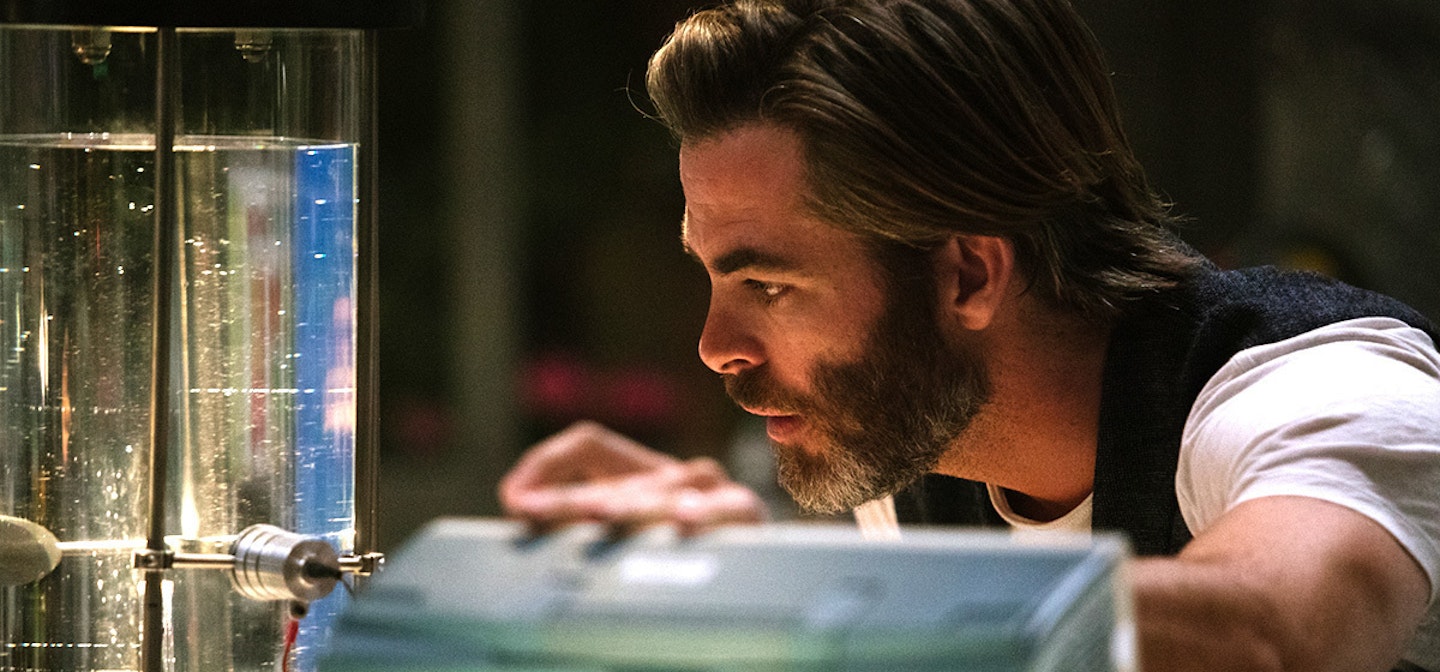
Sometimes, however, the film seems to pause a little too long to admire its own cleverness, the camera lingering on a CGI-assisted landscape straight out of What Dreams May Come, with the colours turned up to 11 and the levels of reality hovering near zero. The tone pinballs about desperately in the film’s first half, with Witherspoon the only one acting like she’s in a kids’ film (in fairness, she’s the one most closely working with the kids). It’s not until Oprah comes down to ground level that the tone begins to settle.
Once it does, the film finds its stride. It does so by focusing on Meg, and the deep cracks in her psyche left by her father’s apparent abandonment, in an extraordinarily good performance from Reid. Meg blames herself, wonders if she was somehow unworthy of love, and is basically riddled with self-doubt and fear. That terror is what she has to overcome, and Reid sells it flawlessly. For all the stumbles along the way, the message that the film eventually delivers is an important one about embracing your faults and believing yourself worthy, and that makes up for a lot of overly baroque flourishes.
